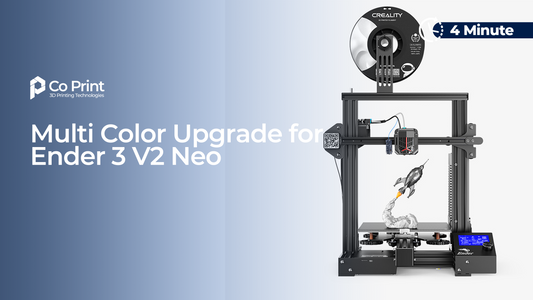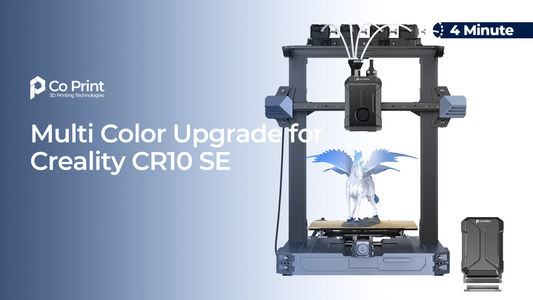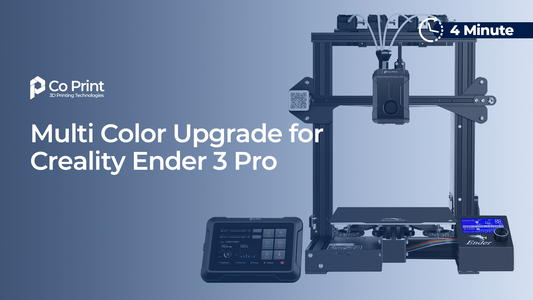The technology of the future and smart cities are dreams we all share! As part of Teknofest Makeathon in Turkey — an event that brings young people together with technology and inspires them — we built mega cities measuring 3x3 meters. In these cities, young contestants showcased their skills by competing with the robots they designed, completing the tasks set within the course.
The cities were designed in two different categories: middle school and high school, each offering a variety of tasks and levels of difficulty.
In the middle school course, the concept focused on the theme of transportation in smart cities. On the outer edge of the city, a 20 cm road represented sea transportation. Children programmed their autonomous robots to navigate this path, overcoming opening and closing obstacles along the way. Inside the course, in the line-following robot section, participants were challenged to design autonomous robots capable of navigating through the city.

As part of the concept, the city featured a flying vehicle station, a smart car charging station, six skyscrapers, and solar energy farms. In line with the principle of a green future, all skyscrapers were designed with sky gardens and green spaces. Since multi-color printing was required for these elements, the structures were produced in full color using Co Print’s KCM Set on large-format machines with 400x400 and 500x500 build volumes.
In the high school course, the tasks were designed to be much more challenging. On the outer edge of the city, just outside the solar-panelled walls, a railway and a train station were placed. This massive 48x48 print was produced as a single piece with the help of the KCM Set. In this area, students’ line-following robots had to be calibrated to stay on the black path despite misleading colored surfaces. At the same time, they were expected to detect 3D obstacles along the track and adjust their routes accordingly.

In another part of the course, tree-lined streets were designed under the vision of a green future. Here, children used autonomous vehicles equipped with ultrasonic distance sensors to solve the maze, starting from the fire station. The goal was to rescue a person trapped in a fire and deliver them safely to the hospital.
This course included a total of 840 meters of trees, all produced with multi-color printing. In addition, a fire station, a hospital, six skyscrapers, and burned trees representing a forest fire scenario were also incorporated as 3D-printed models.
Throughout the five-day event, children had the opportunity to develop their vehicles against this surprise course. During the first three days, they designed and improved their robots on-site. In the final two days, they competed to complete the tasks on the course, earn points, and win the $10,000 prize.
This competition not only helped the children enhance their problem-solving skills but also taught them new things and provided a unique experience.
Now, let’s take a look at how these courses were produced:
A production line of 20 different 3D printers — featuring a variety of brands and sizes — was used, each equipped with either the KCM Set or ChromaSet. This allowed the team to leverage both high-speed printing and multi-color capabilities. In total, the models were produced using 71.5 kg of filament over 1,760 printing hours. Despite tens of thousands of color changes, there was almost no print failure or waste. The skyscrapers and trees were designed in Blender and Rhinoceros, and later sliced with Orca Slicer.

The 2D designs forming the base of the courses were printed on a 3x3 meter banner, which was then stretched and mounted onto a specially built table standing 60 cm high.
As a result, two cities with an impressive look came to life. For large-scale, education-focused projects like these, printers with a 500x500 build volume — or similar sizes — are often required. However, there are currently no printers on the market at this scale that can produce in full color.
Co Print’s KCM Set and ChromaSet solve this problem by enabling printers to produce in multi-color while also increasing print speeds. This makes it possible to 3D print large structures — up to 50 cm tall and 20 cm wide — in full color in a single run.
Additionally, thanks to the filament sensor, filaments can be swapped seamlessly during long prints without interrupting the process. For very large single-color prints, the automatic filament change feature also allows the use of multiple spools without manual intervention.
It’s very important for us that young people have access to 3D printers. Plus, our Back to School Campaign is still ongoing!
For all these advantages and more, don’t forget to visit the Co Print Store!




